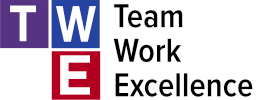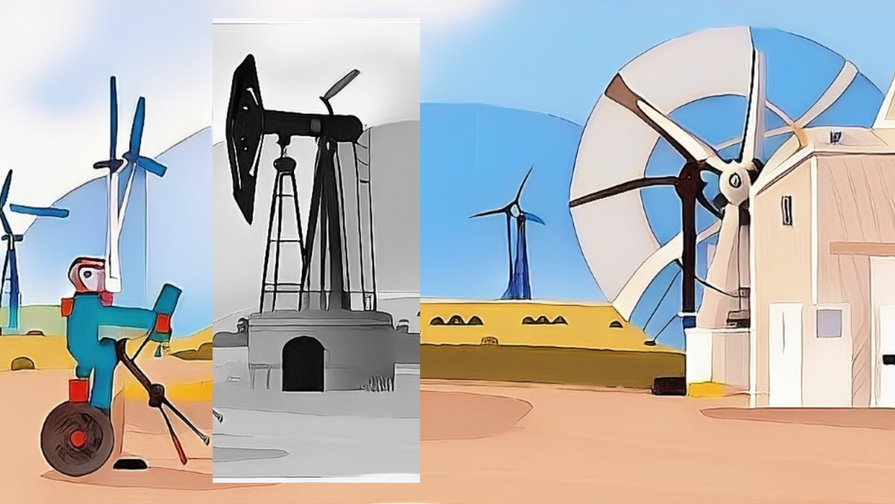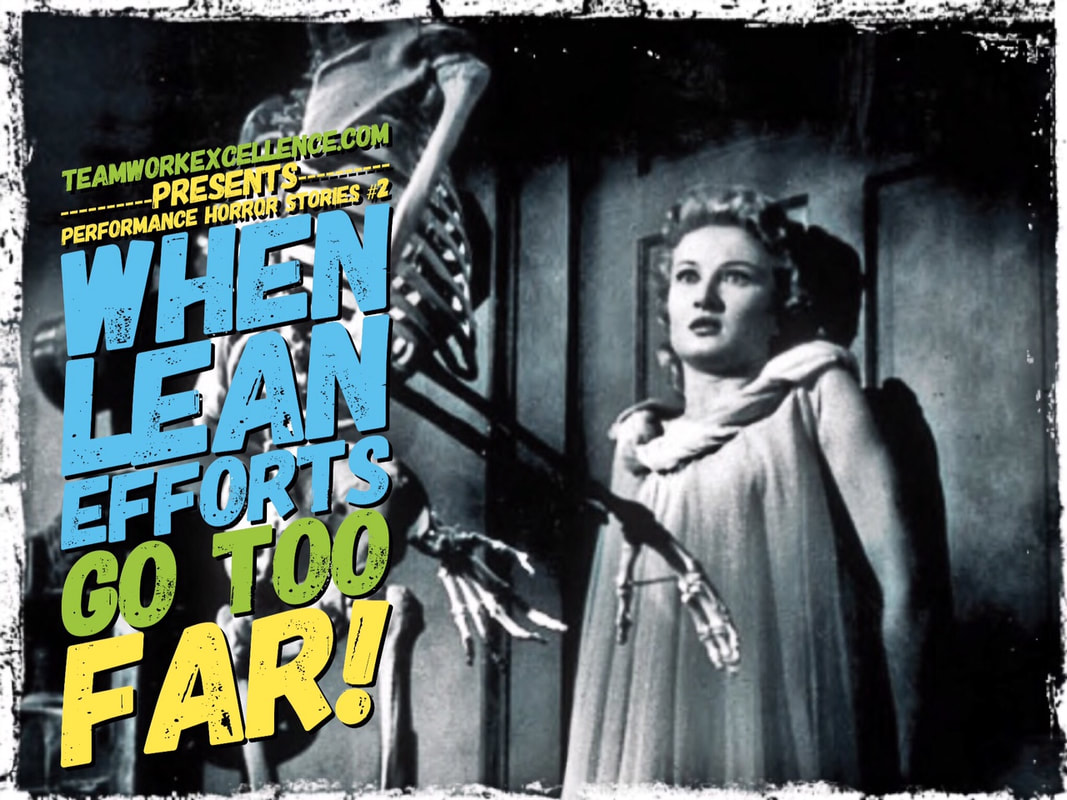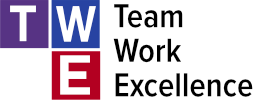|
Observations As the energy sector experiences a paradigm shift, executive teams face unprecedented challenges. These aren't just strategic. Leaders themselves can experience the fear or apathy associated with challenges and change coming from all directions. The need for an entrepreneurial mindset is evident, but the change also breeds apprehension. Is it wise to rely on instincts honed in a past era of abundance and success? The answer is a nuanced "yes". But can we trust our leaders intuition? Or do our instincts need recalibration? Failing to do this can paralyze decisions makers. The good news: we can sort this out - but it requires openness and vulnerability - properly structured conversations can help us make this process safe. It is not intuitive. Read through to the end to discover what you can do about it. The Evolving Energy Ecosystem and a Conundrum of Tradition Emerging technologies in renewable energy and sequestration are rapidly altering the landscape. Established companies must not only adapt but become agile players. To do this effectively, marrying data-driven strategies with well-honed instincts can offer an insightful narrative that fosters optimized decision-making. Leaders are grappling with a disconcerting reality: the instincts that once provided a stable foundation now seem less relevant. But should these be entirely disregarded? No. The challenge is to blend old-world wisdom with new-age strategies through a dialogue-centered approach, enabling actionable insights. There is an urgency for large organizations to rekindle an entrepreneurial mindset:
Leaders, Intuition, and the Team Dynamic in Uncertain Times Old rules are changing, but core leadership competencies remain invaluable. This duality can be managed by trusting your gut while also embracing a culture that values communication as a tool for making sense of uncertainty. As we navigate uncharted waters, we may feel unqualified. Trust in one’s intuition and others' judgment wanes. To combat this we have to have suffcient fluency in the structures of belief and emotion that steer our thoughts. If we can understand what internal tensions exist, and that we have choice, we can confront challenges that may seem nebulous. Once we're able to see our place on the innovation horizon, we can navigate the nebulous effectively. We can give ourselves permission to take calculated risk, and trust our instincts and subconscious. For decision makers this helps alleviate the need for data (that may not exist) and experts (that are learning as they go, too.) Why 'Learning to Learn' Matters to the Bottom Line In a fast-changing sector, the ability to continuously update skills and knowledge is vital. Old methods may offer a foundation, but openness to new learning experiences can be facilitated through candid, peer-to-peer conversations. But more importantly, navigating these complex times requires a surety of self, and a kindness towards our own thought process. The knowns of yesterday were comfortable. We are simply not approaching the unknowns of today - where agility and innovation are essential from a blank page. So a developed practice of listening to our intuition, and then decide if we must pause to adapt or trust in tried-and-true instincts will be the difference between a leader who can navigate decisions quickly - and move when there is no perfect answer. They will be easier on themselves, easier on the team, and more likely to find a way through first... rather than waiting for the answer. My Parting Thought. It can't be understated that today's energy transition continues to disrupt. It has laid bare just how comfortable and complacent many had come. It also shows us that leaders we thought were original and first-movers were actually traveling very deep tracks that had been cut by previous generations. Today the path forward involves a balancing act between intuition and innovation. Leaders who can embrace the uncertainty and adventure see which intrinsic strengths they can leverage in new ways, and which asumptions to throw away, will find that they become experts and leaders. They will have a clearer compass move forward, and a foundational trust in self needed to change at a pace that the world requires. Lead On! Tim #management #leadership #entrepreneurship #energytransformation #innovation Leader and Team Actions Checklist
Navigating the modern energy sector's complexities demands a balanced approach. It's about being agile, innovative, and re-establishing trust in your instincts. The future is navigable, especially when equipped with the right tools—old and new— for open dialogue and actionable insights. Trick or Treat! We're having some fun here at TWE. Here is the second of these halloween graphics for you to share.
Everyday, from now until Halloween, I'm going to upload one of these light-hearted performance moments wrapped up in a movie poster. I hope will help you start a conversation at your weekly meeting.. (Share any insights in the comments!) I hope you have some serious-fun with these. <<Previous Next>> Best, Tim The stats say if your performance doesn’t suck today, it likely will tomorrow. In the middle of a downturn, it's easy to blame the economic environment for our performance woes... and it's easier than you might think to unwittingly encourage a culture of complacency. Here are a few of points to consider.
Only by maintaining a factual perspective can everyone see there is a problem. Teams must set meaningful targets and make those intensely personal for each person. In a Yoda-esque statement, former CEO, and chairman of the board of Intel Corporation, Andy Grove said, “Success breeds complacency. Complacency breeds failure. Only the paranoid survive.” Leaders must remain ever vigilant. "Success breeds complacency. Complacency breeds failure. Only the paranoid survive." Complacency is the result of inaction by leadership; and inaction is a choice "Do. Or do not. There is no try." Low performers are complacent because they are allowed to perceive they are succeeding at something. I consistently come across performance issues which are rooted in leadership not holding everyone to a “standard of success” based on the creation of real value.
The good news... it can be prevented, and it can be reversed. |
Videos, Articles, Tools and More for Leaders in BusinessSET UP FOR SUCCESS?
|
|
© TeamWorkExcellence 2023. All rights reserved.
|





 RSS Feed
RSS Feed
